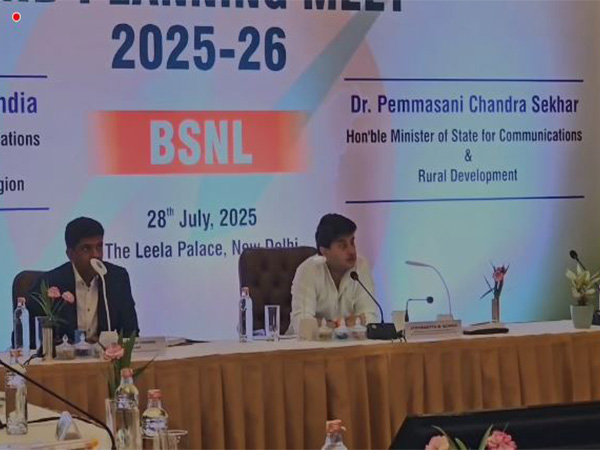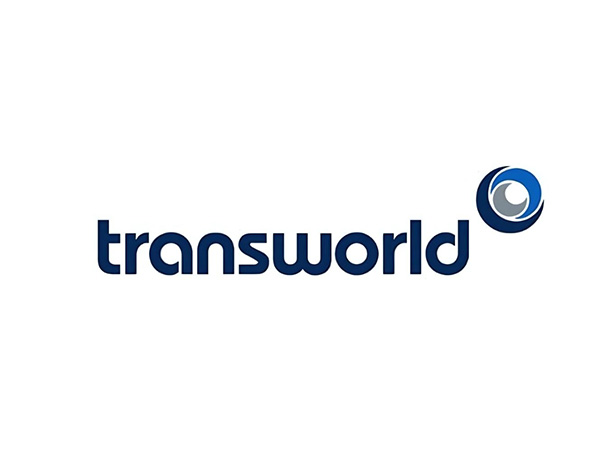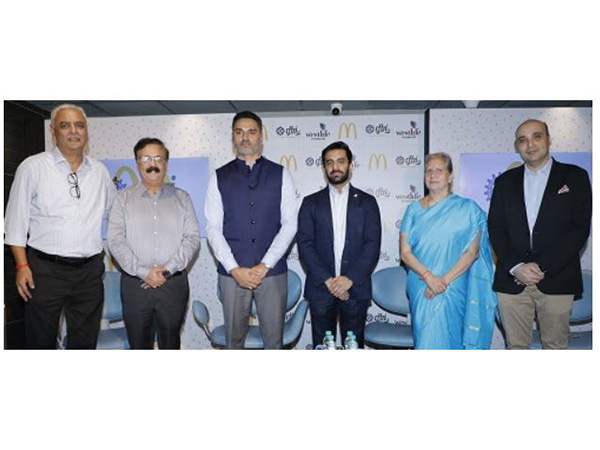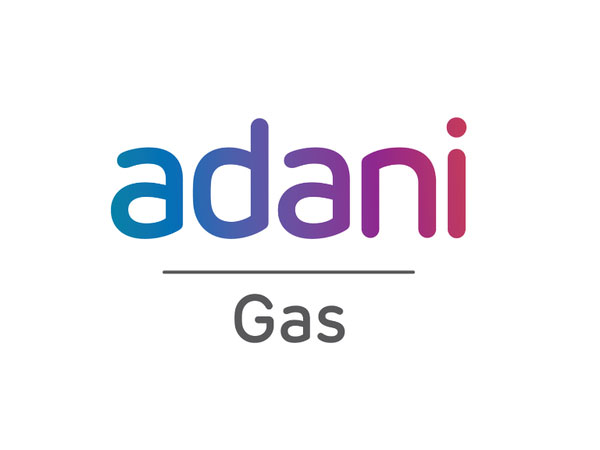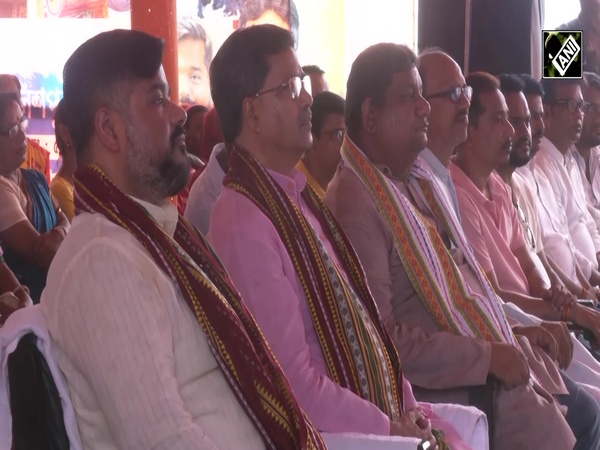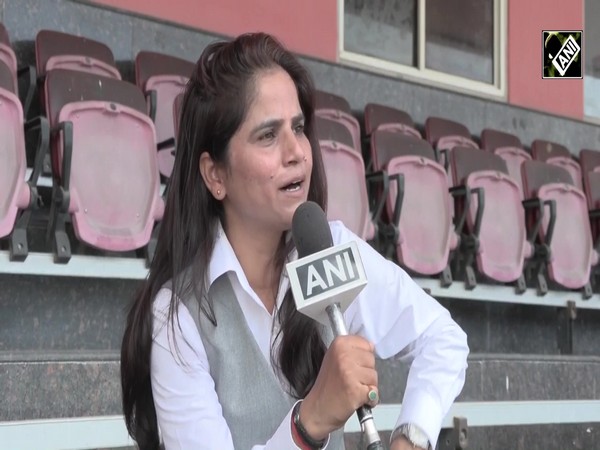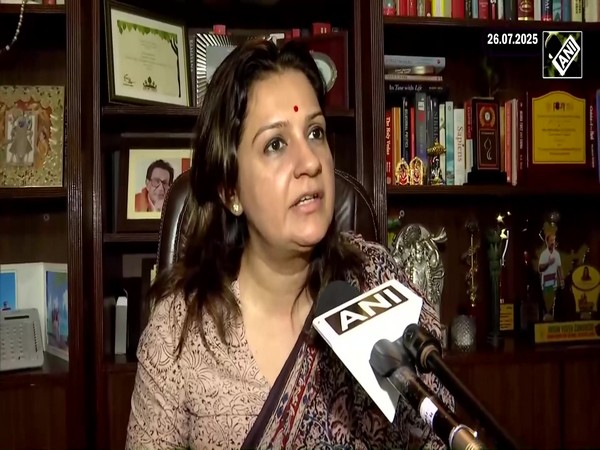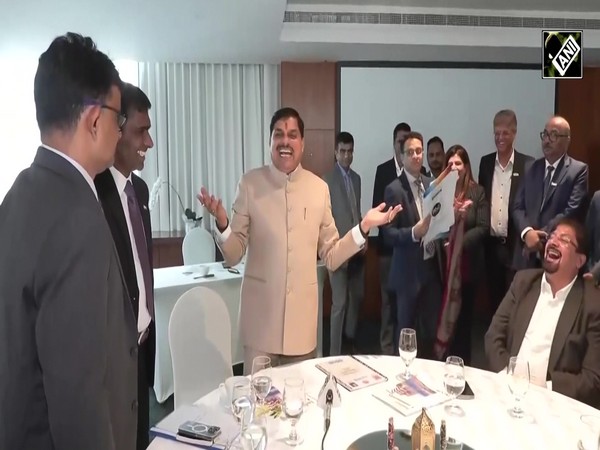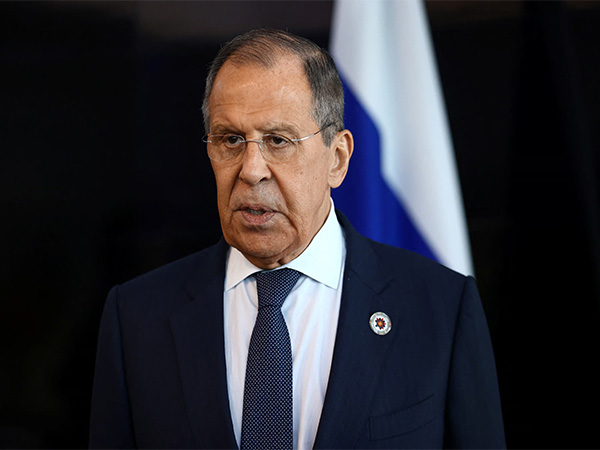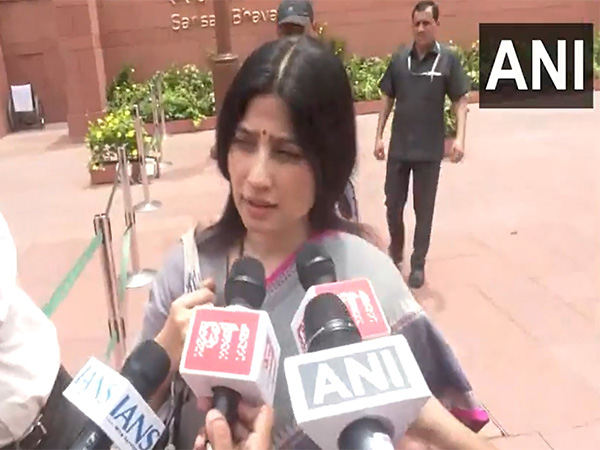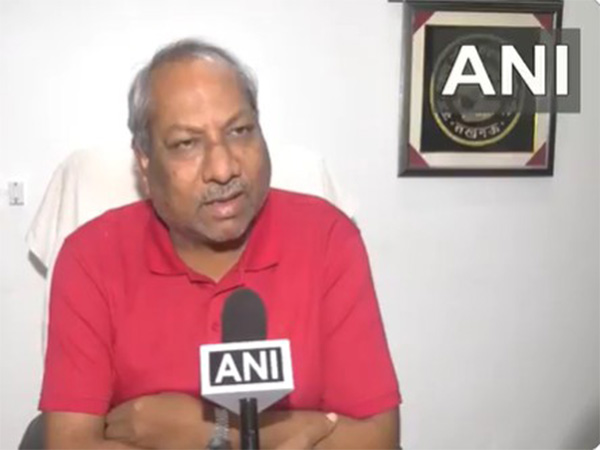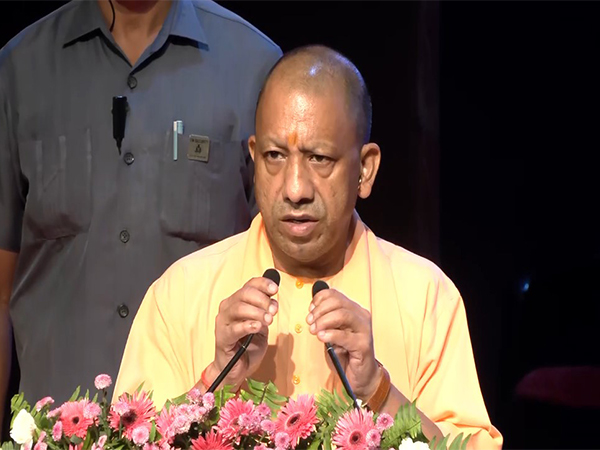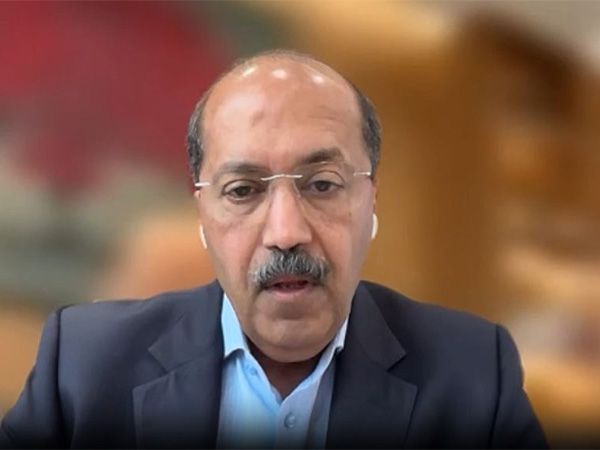
India-UK FTA set to unlock massive FDI inflow, says ASSOCHAM chief
Jul 28, 2025
New Delhi [India], July 28 : The India-UK Comprehensive Economic Trade Agreement (CETA) is poised to trigger substantial foreign direct investment (FDI) flows into India by establishing unprecedented levels of mutual trust and respect between the two nations, said Sanjay Nayar, President of ASSOCHAM and Founder-Chairman of Sorin Investment Fund.
In an interview with ANI, Nayar stated that he believes the trade pact will serve as a powerful signal to global investors about the strength of the Indo-UK economic partnership, potentially unlocking billions of dollars in investment across strategic sectors.
"The India-UK CETA establishes a real signal to everybody that there is mutual trust, mutual respect, and investments should flow more willingly," Nayar said. "There's another level of trust that has been established with this FTA."
The agreement is expected to facilitate investment through multiple channels, including private equity, venture capital, institutional capital, and corporate investments. Nayar emphasised that both greenfield projects and brownfield expansions of existing companies will benefit from the enhanced framework.
"The thesis now for investors putting capital into India will be to partner with people here who can help them scale up, use the Indian cost structure - whether it's engineering or skilled labour - and then sell in India as well as export back to the UK and rest of the world," he explained.
The strategy positions India not only as a market destination but also as a manufacturing hub, leveraging cost advantages to serve both domestic and international markets.
A significant opportunity lies in the defence sector, where both Prime Ministers have announced a comprehensive industrial roadmap requiring deeper collaboration in manufacturing, technology, and joint research facilities.
"Defence startups and defence entities can benefit tremendously if they want to follow this defence industrial roadmap, which is totally unique and a very creative way of getting more investment in aerospace and defence sectors," Nayar noted.
This initiative aims to boost "Made in India" capabilities for domestic needs while building export capacity in the strategic defence manufacturing sector.
The agreement is expected to particularly benefit agri-tech and med-tech sectors, where India requires both capital and advanced technology. Areas such as diagnostics, surgical equipment, and X-ray systems are identified as prime candidates for UK investment and technology transfer.
"We as India will need both capital and technology, which this FTA should really open up," Nayar emphasised, highlighting the complementary nature of UK technological expertise and Indian market opportunities.
The FDI inflow is expected to materialise through joint ventures, mergers and acquisitions, and direct private equity investments.
"While I'm not sure there's a specific target here (in India-UK CETA), given the UK-India camaraderie and trust we've seen, we would be remiss if we don't see very significant FDI coming into India," he said.
The industry leader identified industrial automation, medical automation, and defence automation as sectors likely to receive significant investment boosts under the new framework.
"There's a huge opportunity in these areas where automation can really get a fillip. MSMEs and startups will emerge, but what's more important is seeing these three areas getting momentum," Nayar observed.
While acknowledging two-way investment potential, Nayar expressed particular interest in attracting UK capital to India rather than focusing on Indian investments in the UK market.
The comments reflect India's strategy to leverage the trade agreement not only for market access but also as a catalyst for technology transfer, building manufacturing capabilities, and strategic sector development through enhanced foreign investment partnerships.
On May 6, Prime Minister Modi and Prime Minister Starmer announced the successful conclusion of a mutually beneficial India-UK Free Trade Agreement (FTA). This forward-looking Agreement is aligned with India's vision of Viksit Bharat 2047 and complements the growth aspirations of both countries.
Both nations desire to increase their trade to USD 120 billion by 2030.
The UK government had said that India's average tariff on UK products will drop from 15 per cent to 3 per cent under the India-UK FTA.

